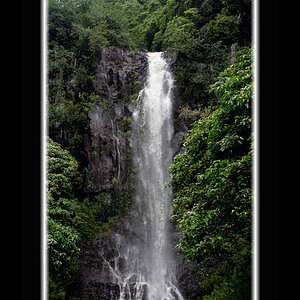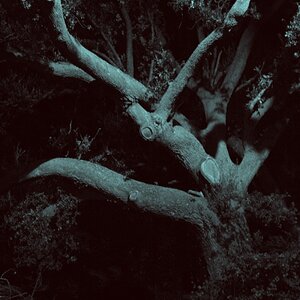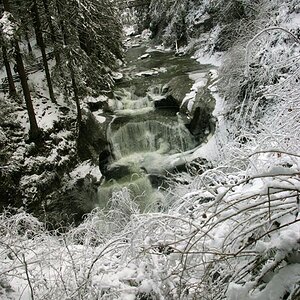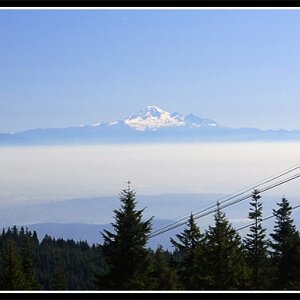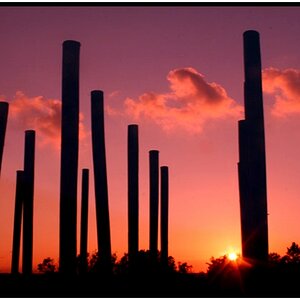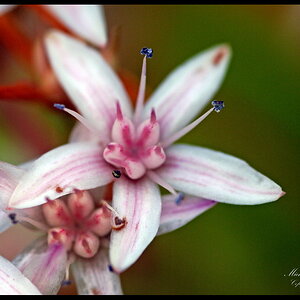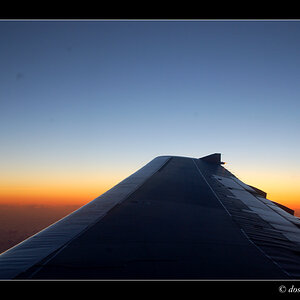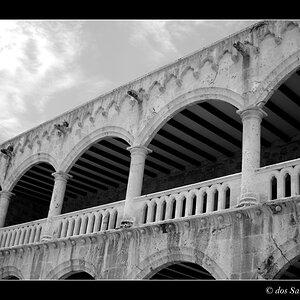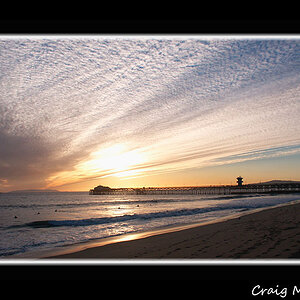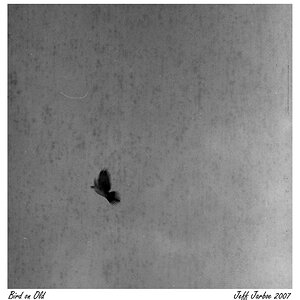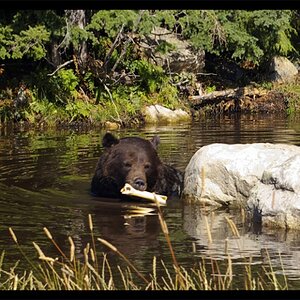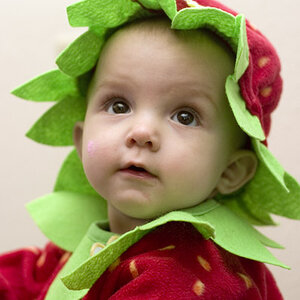mapgirl
TPF Noob!
- Joined
- Jul 28, 2006
- Messages
- 79
- Reaction score
- 2
- Location
- Bellingham, WA
- Can others edit my Photos
- Photos OK to edit
Sorry, but I'm making myself nuts looking at all the specs, sites, comparisons, etc.
I shoot a Canon 60D and find that I only carry it with me when I'm traveling or when I have a specific project to shoot. It's just too bulky, heavy, etc. Not an unusual story. So I rented a Sony a6300 to see what that experience would be like. Loved how small and light it is. Loved the live EVF. LOVED how I could shoot at slower shutter speeds and still get sharp images (I imagine this was due to the reduced weight of the camera?). Hated the menu learning curve, but got used to most of it in a day.
All good, right? However I'm not liking what I read about lossey RAW from Sony. So now I'm wondering if I should look into Fujifilm (though they are more expensive). Also, I haven't shot full-frame since my film days. So now I'm wondering if I should rent a Sony A7ii. But it looks like it would be bulkier than I wanted. And though I understand the bokeh with full-frame is better and that the sensors pull in more light, if the MPs are the same, can't I just stand further back or use a wider lens to get a wider view? If anyone can help me sort this all out without my having to spend several hundred dollars renting cameras and lenses (since I'll be shelling out quite a lot whatever I end up buying) I will be very grateful. I'm just stuck.
I shoot a Canon 60D and find that I only carry it with me when I'm traveling or when I have a specific project to shoot. It's just too bulky, heavy, etc. Not an unusual story. So I rented a Sony a6300 to see what that experience would be like. Loved how small and light it is. Loved the live EVF. LOVED how I could shoot at slower shutter speeds and still get sharp images (I imagine this was due to the reduced weight of the camera?). Hated the menu learning curve, but got used to most of it in a day.
All good, right? However I'm not liking what I read about lossey RAW from Sony. So now I'm wondering if I should look into Fujifilm (though they are more expensive). Also, I haven't shot full-frame since my film days. So now I'm wondering if I should rent a Sony A7ii. But it looks like it would be bulkier than I wanted. And though I understand the bokeh with full-frame is better and that the sensors pull in more light, if the MPs are the same, can't I just stand further back or use a wider lens to get a wider view? If anyone can help me sort this all out without my having to spend several hundred dollars renting cameras and lenses (since I'll be shelling out quite a lot whatever I end up buying) I will be very grateful. I'm just stuck.


